Gabon – the world’s second most forested country – is planning to issue a record number of carbon credits to the market by end of this year. These plans are exposing a brewing dispute over the ownership of the carbon, with the environment minister casting doubt over the legal rights to carbon of a company setting up its own offsets project in the country.

So what?
The doubts cast over the legal rights to carbon presents uncertainties around carbon markets, still in a relatively nascent state, with rules about who governs the carbon and who claims the emissions-savings yet to be fully decided. Governments now seem to be taking into account the growing carbon market sector and its potential to contribute to meeting their own national commitments. There seems to be a possibility that carbon ownership becomes more nationalised and separated to a certain extent from private property rights.
Since the COP26 agreement, sales of credits internationally need to be accounted in the carbon inventory of the country, a measure put in place to prevent double counting. Thus, potential disputes between governments and companies on the ownership of carbon presents an uncertainty to the legal validity of carbon traded in the market, possibly impacting the growth of the market.


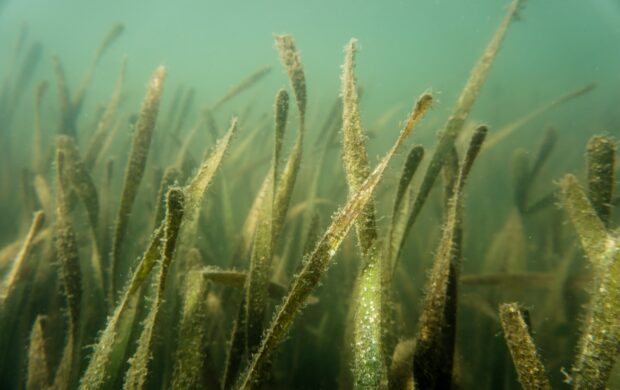


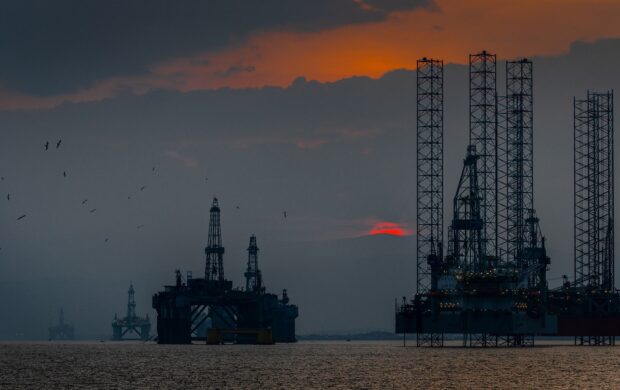

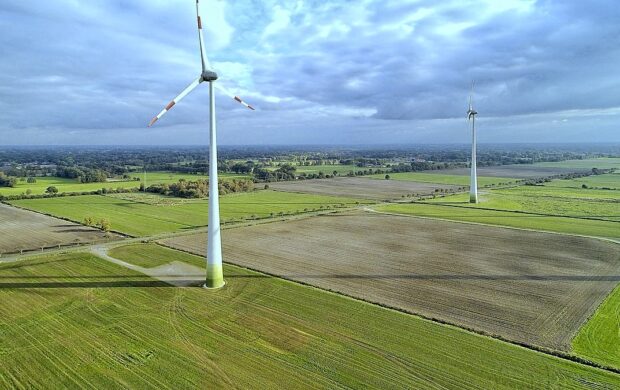
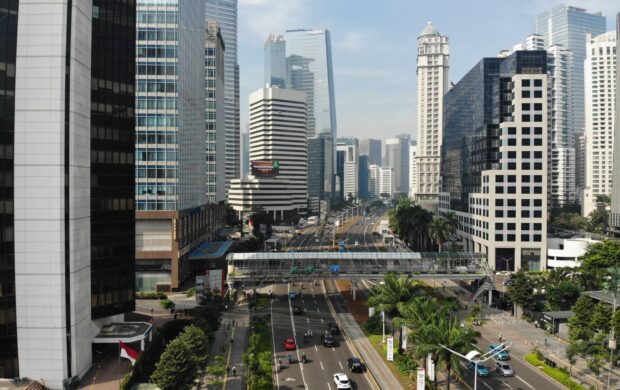
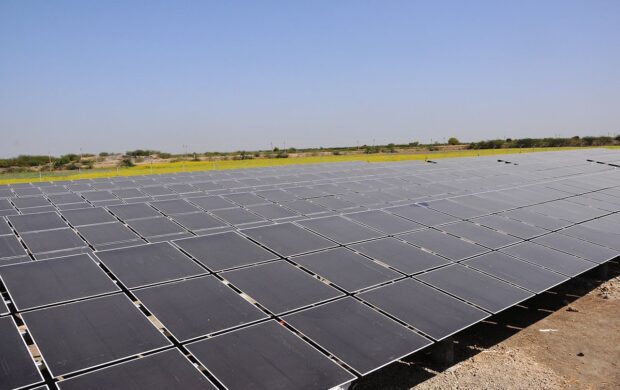
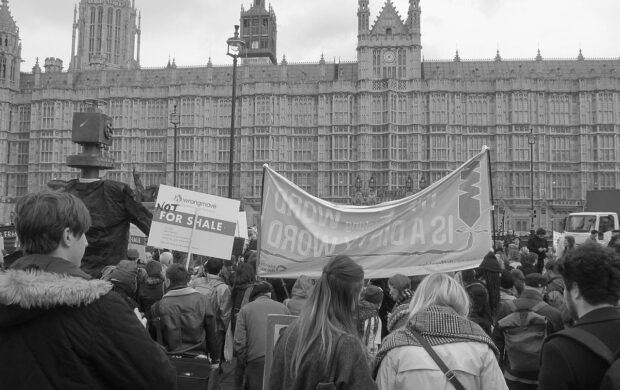
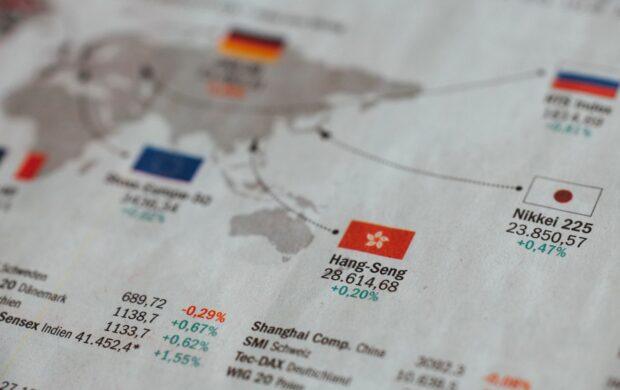

Join discussion